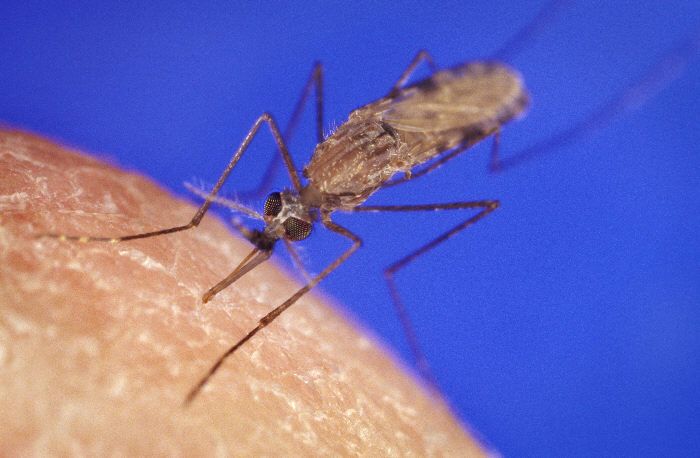
The eradication of malaria in Egypt, announced by the WHO on October 20, marks a historic advancement in the fight against this disease that has long afflicted the country. This victory should strengthen the collective commitment needed to eradicate this scourge on a global scale.
In Egypt, malaria has long been a public health scourge. It intensified in the 20th century to become a major health issue, particularly in the rural areas of the Nile Delta, where environmental conditions favored the spread of the disease. However, a significant event occurred recently. On October 20, the World Health Organization (WHO) announced the eradication of malaria in Egypt, certifying the country as free from this disease. This announcement crowns nearly a century of unrelenting efforts and marks the sustained interruption of disease transmission, a milestone described as “truly historic” by WHO Director-General Tedros Adhanom Ghebreyesus.
“Malaria is as old as Egyptian civilisation itself, but the disease that plagued the pharaohs now belongs to its history and not its future,” Dr. Adhanom Ghebreyesus emphasized in his statement. He praised the commitment of the Egyptian government and its population in their relentless fight against the “ancient scourge” that has decimated generations. To achieve this certification, Egypt demonstrated that mosquito transmission had been interrupted for three consecutive years, a prerequisite for international recognition. Furthermore, the country proved it possesses the capacity to prevent any resurgence of the disease.
Black Continent
Malaria is caused by parasites of the genus Plasmodium, transmitted to humans through the bites of infected Anopheles mosquitoes. The four main species responsible for human infection are Plasmodium falciparum, P. vivax, P. ovale and P. malariae, each with distinct characteristics and clinical implications. P. falciparum is responsible for the most dangerous form of the disease and now the deadliest if left untreated. According to the WHO's annual malaria report for 2023, Africa recorded approximately 93.6% of global malaria cases in 2022, nearly 99% of which were caused by P. falciparum. It also accounted for 95.4% of malaria-related deaths worldwide. Four African countries were responsible for just over half of these fatalities: Nigeria (31.1%), the Democratic Republic of the Congo (11.6%), Niger (5.6%) and the United Republic of Tanzania (4.4%).
Prevention and Treatment
Confronted with malaria outbreaks since ancient times, Egypt has implemented particularly rigorous control programs in recent decades. These initiatives include the distribution of insecticide-treated bed nets, such as malathion and synthetic pyrethroids, as well as rapid screening and treatment of positive cases. Simultaneously, awareness campaigns have been launched to reinforce prevention and encourage the adoption of protective measures. These efforts have been the result of a multi-sectoral commitment involving the Ministry of Health, international organizations and local stakeholders, reflecting a concerted determination to curb this disease.
The fight against this infectious disease has seen significant growth globally due to scientific advancements in the development of antimalarial therapies. Several medications, including artemisinin derivatives, have revolutionized patient management. When combined with complementary treatments, they allow for the rapid and complete elimination of Plasmodium from the bloodstream, thereby reducing mortality and preventing severe complications. However, the emergence of resistance to treatments and insecticides poses an increasingly concerning threat, particularly in the Mekong Basin (which includes Southeast Asian countries such as China, Myanmar, Laos, Thailand, Vietnam and Cambodia) as well as in Africa. Currently, most patients affected by artemisinin-resistant Plasmodium are cured through combined treatments with other effective medications.
The Fight Continues
Egypt thus joins the 44 other countries and one territory that have been certified malaria-free by the WHO. Eradication efforts must now focus on countries still affected, incorporating strategies for surveillance, screening, treatment and research into new therapies. The global elimination of this disease is an achievable goal, but it requires collective determination and sustained commitment from all stakeholders. Egypt's successes should encourage other countries to redouble their efforts in the fight against malaria, thereby pushing back this historical scourge and allowing for a new chapter in global health history. Education and awareness are essential to promote preventive behaviors within communities. Furthermore, these efforts must be accompanied by a strong political will to allocate adequate resources to combat this disease.

Comments